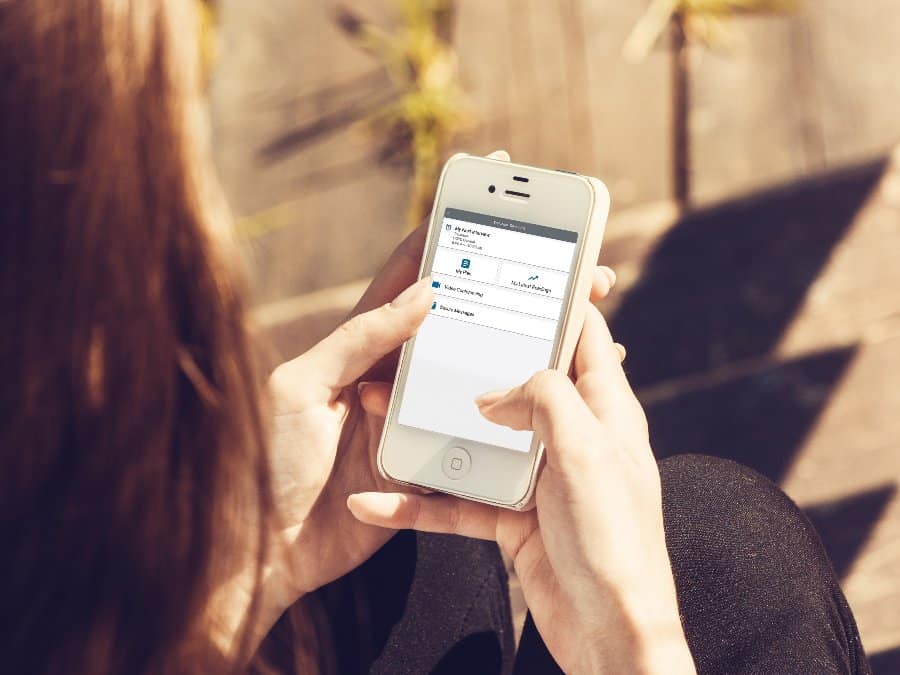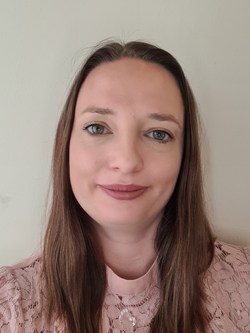Comment: Tunstall Healthcare on the role of technology in preventative care

This year’s COPD Awareness Day takes place on 15th November with the theme Breathing is Life – Act Earlier. Dawn Watson, Clinical Application Specialist Lead at Tunstall Healthcare, discusses how technology can play a crucial role in enabling preventative care for people living with COPD.
Chronic obstructive pulmonary disease, or COPD is a group of conditions where the main characteristic is narrowing of the airways within the lungs. The narrowing can be due to excess phlegm and/or inflammation of the lining of the lung.
Smoking is one of the main causes of COPD, however it can also be attributed to pollution and occupational exposure. Symptoms of COPD may include shortness of breath, a cough, production of phlegm and wheezing.
Diagnosing COPD will usually be done with a simple test called spirometry. Once a diagnosis has been confirmed, medication such as inhalers may be prescribed which help to open the airways and improve breathing.
Stopping smoking is one the most important factors when it comes to preventing further damage to the lungs, although it is also recommended that the annual flu vaccination and pneumonia vaccine is taken. It’s also important to keep active and eat healthily to support weight management.
The role of technology

Technology may be offered to help patients manage their COPD by their healthcare professional. Digital solutions can contribute to a patient’s engagement with their symptom management, for example where they are asked to monitor their own health using an app on tablet or phone.
When an app is deployed, it will be connected to equipment that is provided to enable the individual to take regular readings of their vital signs such as oxygen levels, temperature and blood pressure. Often, a health questionnaire will need to be answered on a regular basis using the app to provide a holistic overview of their mental and physical health and wellbeing.
This data is collected through the technology and reviewed by clinicians and professionals involved in the person’s care provision, enabling them to quickly identify any changes in a patient’s condition. This can include increased breathlessness, coughing and increased sputum production.
Quickly identifying when a patient’s condition is about to, or is deteriorating, can enable proactive and preventative care to be delivered that can reduce the risk of hospital admission or other urgent care being required.
Technology and the requirement for people to monitor their own vital signs can also support the education of a patient on their condition and improve their self-management as they start to understand what their vital signs mean and how to recognise when things may not be right.
What does this look like in practice?
Based in County Wexford, a project was undertaken by a multi-agency Stakeholder Group which provided a 12 week telehealth intervention to 50 patients with chronic illnesses, including COPD. The stakeholder group included Age Friendly Ireland, Wexford General Hospital and Tunstall Emergency Response.
As our population ages there is a corresponding increase in the prevalence of chronic diseases, which are major causes of morbidity and mortality. In 2020, the Government of Ireland National Risk Assessment 2019 estimated that 1.3 million people in Ireland were living with one of the major chronic diseases which includes COPD, and this is set to increase by around 40 percent in the next decade.
The trial used Tunstall Healthcare’s remote patient monitoring system:
‘myMobile’ is a patient app which enables self-management and monitoring. The app collects data from monitoring devices on vital signals such as pulse, oxygen levels and blood pressure, as well as patient symptoms. It provides a range of benefits including automatically updated readings via Bluetooth connected devices and the ability for manual entry of readings, and automated alerts and activity reminders.
‘triageManager’ is a clinical management software platform which enables clinical and service teams to monitor patients remotely. The system enables a number of outputs including automated prioritisation tools and summary reports for clinicians.
The report’s findings concluded that the majority of participants perceived that technology helped them manage their condition by giving them reassurance that there was clinical oversight and confidence in their ability to manage, as well as identify when they needed to take health related actions.
Patients were highly engaged with the project, with 98% of readings recorded. There were also low levels of attrition which were partly due to the support provided by Tunstall with any queries they had, and reminders to take readings.
The project was independently evaluated and monitored by Waterford Institute of Technology and a second phase of the project is now being planned which will see it being expanded across multiple counties.


